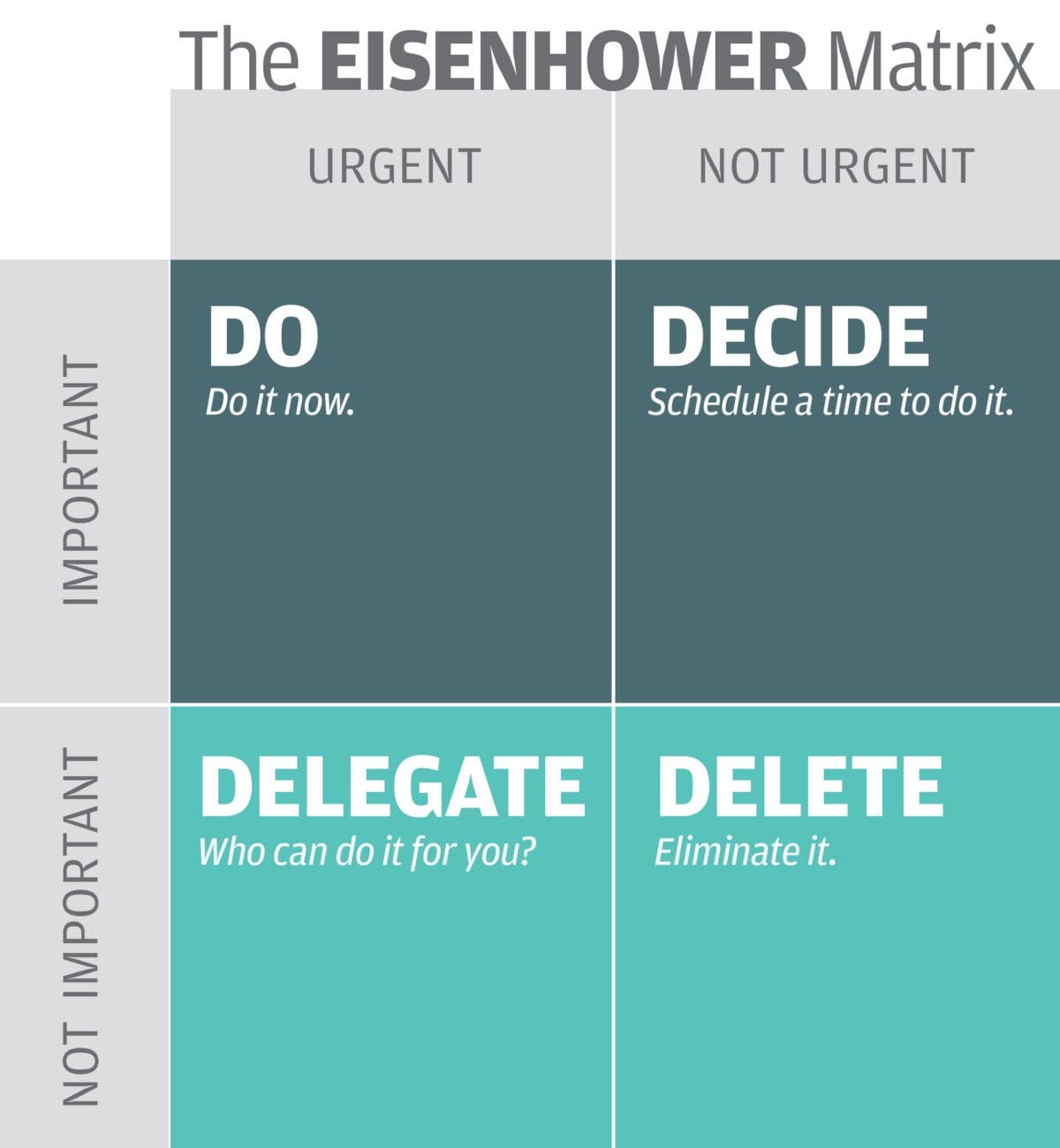Acute stress for the win

Acute low-grade stress is good for your mind and body. Chronically high and long-term stress is where the health problems snowball out of control. We developed stress as part of our survival mechanism to protect us from predators and life-threatening situations. It is part of our fight-or-flight response, but in today's world, this response can prove detrimental to our health.
Poorly managed stress can wreak havoc on your overall health. Chronic elevation in the hormone cortisol and epinephrine, while helpful in the short term for focus and alertness, causes long term negative outcomes for your health.
The physical consequences of chronic stress
You ever feel you are constantly getting sick? Chronic stress causes a weakened immune system.
A high level of stress causes degradation in your mental wellbeing. The prevalence of anxiety and depression affects mental health. Approximately 8.4% of adults in the United States experienced at least one major depressive episode in the past year, which translates to 21 million adults. Anxiety disorders are the most common mental health concern in the U.S., affecting 19.1% of the adult population annually. This equates to roughly 40 million adults.
Heart disease is the number one killer worldwide. High blood pressure is one of the risk factors for heart disease. Chronic stress raises your blood pressure and increases your risk of heart attack.
The kicker is chronic stress will lead to a premature death.
This doesn't have to be the outcome in every case.
As you wake up in the morning, you can't help but feel an incredible sense of relief, as if someone has lifted a burdensome load from your shoulders. Feeling lighter unhindered by the daily grind of life. Instead of dreading the day ahead, you find a renewal in your life by taking control of your stress and feeling more vibrant.
You need a system for managing stress. There are different systems and everyone should find what works for them. Through trial and error, this is the system that I use.
I use a simplified version of the Eisenhower matrix and the information dump, which is something I learned about in a book called "Getting Things Done: The Art of Stress-Free Productivity" by David Allen.
Here are the steps involved:
Step 1:
Do not suffer in silence: You need to acknowledge the stress and seek help. Could be a friend, therapist or life coach. We are social beings and rely on each other for mental and social support.
Step 2:
This is the information dump. Take every single stress full thought and write it down. I want you to brain vomit everything. When that information is circulating in your brain, it causes more problems than it is worth. Now that you have what is causing your stress, you will address everything in your own time.
The Eisenhower matrix helps with this.

Step 3:
Hormesis is key. Sounds like a horse from Greek times. It is a biological phenomenon where a low dose of a potentially harmful agent (such as stressor) has a beneficial effect. We need low-grade stress in our lives. It's simply how our physiology operates.
Here are some typical examples:
- Resistance training.
- Intermittent fasting
- Cold emersion
- Sauna
- HIIT
Step 4:
Tracking your stress. With advancements in technology, we have access to smart watches which can monitor and observe specific changes within our bodies. I use a Garmin watch to keep track of what how my body is dealing with stress. I recommend tracking your stress to improve your health. Less high-tech methods like journalling can be just as effective.
Take action
Take control. We only have control over a few aspects of our lives. By choosing to take action, we can assert control over our perceived stress. Make stress a companion instead of your enemy. Use stress in the most effective way. Getting things done and feeling productive while enjoying the benefits of a healthy life.
Remember, managing stress is essential for your health and well-being. Start with these simple steps and gradually incorporate more into your routine. You won't believe the significant improvement you'll experience.
Stay connected, stay strong, and keep adapting!